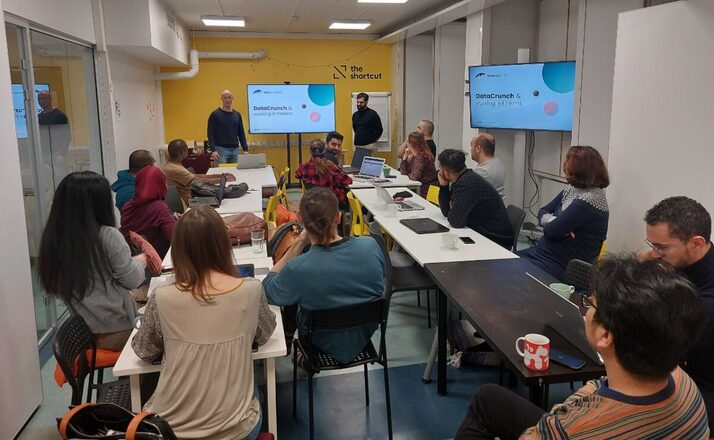The creation of new species and the abundance of species can be attributed to the arms race between predators/parasites and their victims. This process involves the exploiter adopting new strategies to avoid detection, such as mimicking their prey or host. This can lead to the exploiter diverging from its original population and ultimately becoming a new species.
New research published in Science focuses on how this process drives the creation of new species of cuckoos. These birds lay their eggs in the nests of other species and their chicks mimic the appearance of their host’s chicks to avoid detection.
The deceptive behavior of bronze-cuckoos imposes significant costs on their hosts. They lay their eggs in the nests of small songbirds and abandon their young to the care of the host. The cuckoo evicts the host eggs or chicks from the nest and becomes the sole occupant. Host parents not only lose their own offspring but also invest time and energy in rearing the cuckoo, which grows to be much larger than its foster parents.
To combat this, hosts have evolved the ability to recognize and reject odd-looking chicks from their nests. Only cuckoo chicks that closely resemble the host’s chicks can evade detection. With each generation, the cuckoo chicks become a closer match to the host chicks, resulting in each species of bronze-cuckoo looking almost identical to their hosts’ chicks.
This mimicry has evolved to an even more precise level within a single species of bronze-cuckoo that exploits different hosts. The appearance of the chicks tracks that of their hosts, leading to genetic divergence into separate subspecies. This divergence can occur even when two hosts live in the same geographic area.
The study also found that the evolution of cuckoos and their hosts is most likely to drive the creation of new species when the cuckoos impose a high cost on their hosts, such as killing off all the host’s own offspring. This leads to an evolutionary arms race between the host’s defenses and the cuckoo’s counter-adaptations.
The findings suggest that interactions between exploiters and their victims play a significant role in biodiversity. The speciation process described in the study may occur in other parasites and hosts, as well as predators and prey. These tightly coupled interactions may explain the abundance of uniquely specialized species across the globe.

